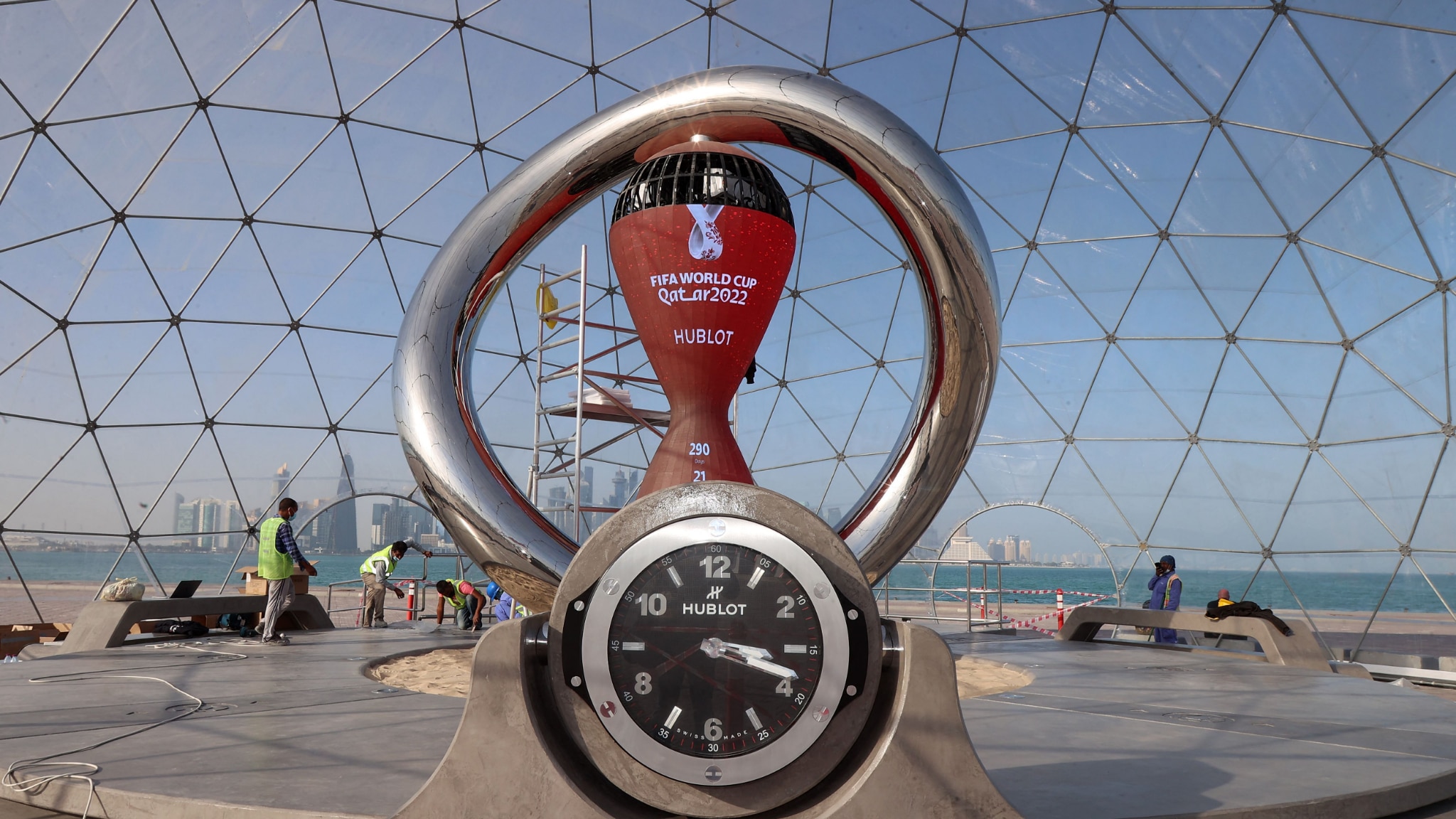There are 8 months to go until the inaugural ceremony of the World Cup in Qatar.
Preparations are continuing at full speed.
But as the kick-off whistle approaches, the voice of those who want the spotlight - waiting to be focused on the playgrounds - be turned on to the conditions of workers, and in general on respect for human rights, also rises.
There are no official numbers.
But it seems certain that thousands of workers have lost their lives in recent years for the construction of the structures that will host the international event.
Amnesty International
has been
campaigning on this for some time.
He had access to some death certificates, which however - for the most part - did not provide information on the underlying causes of death, limiting themselves to expressions such as "severe heart attack originating from natural causes", "unspecified heart crisis" or "acute respiratory crisis originating from natural causes ".
Similar phrases were also in the documents of 35 deaths for "reasons not related to work" which occurred since 2015 within the facilities and infrastructure of the 2022 World Cup.
Most of the deaths of migrant workers remain unexplained.
Official Qatar statistics show that 15,021 foreigners
of all ages and occupations died between 2010 and 2019, but
the causes of death are unreliable.
For these reasons,
Fifa will meet an Amnesty delegation tomorrow
.
In a statement from the governing body of world football, it is specified that the meeting "will offer the opportunity for Amnesty to deliver a petition asking FIFA to address the issue and will be followed by a discussion with FIFA experts and the its local partner in Qatar to review the progress achieved so far and the challenges that still remain ".
Obviously, Fifa claims the steps forward: "As widely recognized by international expert organizations, the World Cup has already contributed significantly to improving working conditions in the region and it is clear that Qatar is on the right track having introduced radical reforms. of work and made substantial progress, in what has been a very short period of time ”.
In reality, Qatar was committed to a reform program.
But their implementation is proceeding very slowly.
Amnesty also denounced that the Shura Council, an advisory body, has presented a series of recommendations which, if accepted by the government, would undermine much of the progress achieved through the reforms, for example by re-imposing restrictions on workers' right to change jobs and leave Qatar.
“These world championships could not take place without migrant labor, which makes up 95 percent of Qatar's workforce,” recalls the international human rights organization.

